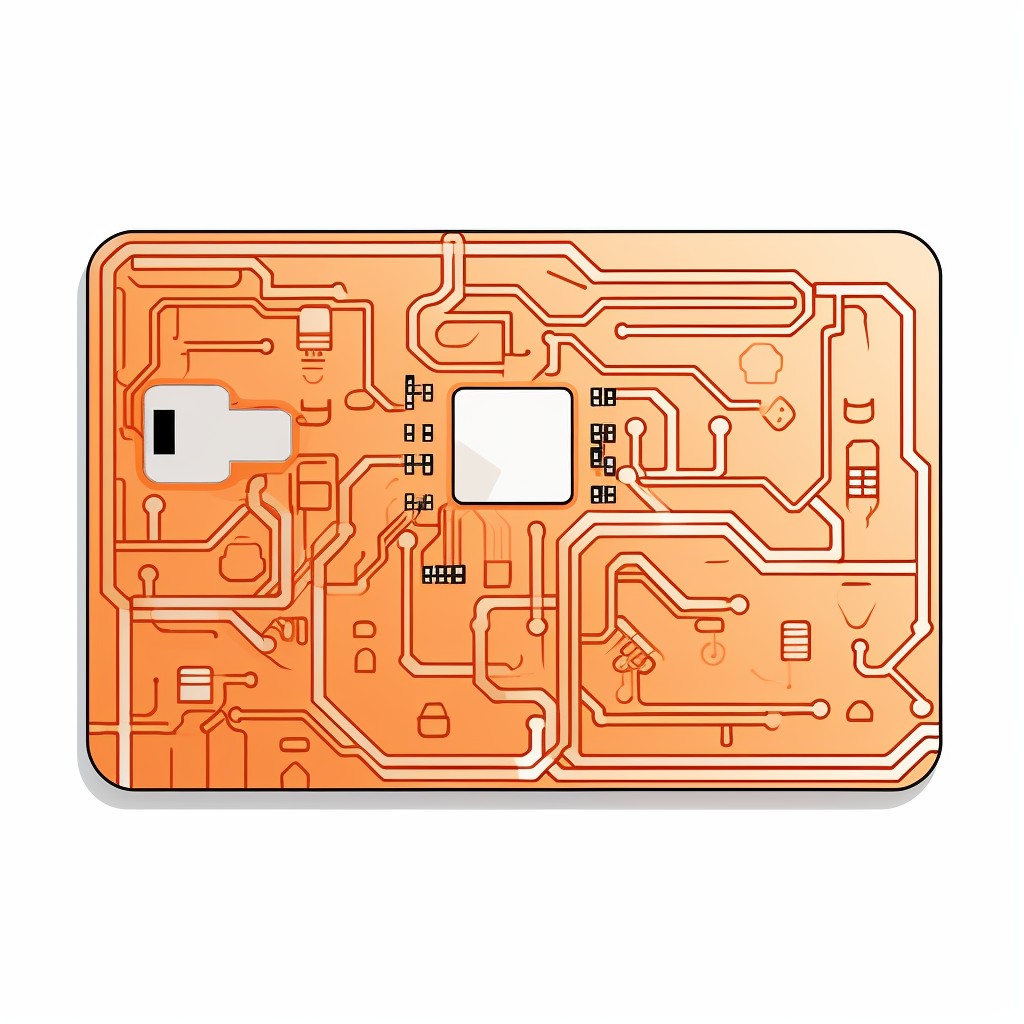
What is PCI DSS? It is an acronym for Payment Card Industry Data Security Standard, which is a globally recognized set of regulations designed to help protect the confidentiality, integrity, and availability of cardholder data. It was initiated and is governed by the Payment Card Industry Security Standards Council (PCI SSC), an organization founded by major card brands including Visa, MasterCard, American Express, Discover, and JCB.
PCI DSS sets the baseline for businesses to securely handle, process, and store cardholder information, with the aim to prevent fraud and secure card-based transactions. It applies to all entities involved in payment card processing—including merchants, processors, acquirers, issuers, and service providers, as well as all other entities that store, process or transmit cardholder data (CHD) and/or sensitive authentication data (SAD).
The standard is comprehensive, and it comprises a multifaceted security framework which includes assessment of security management, policies, procedures, network architecture, software design, and other critical protective measures. Its 12 primary requirements are organized into six categories, each focusing on a specific area of security.
PCI DSS compliance is not a one-time event but a continuous and substantial effort of securing the infrastructure where cardholder data is stored, processed, or transmitted. It requires regular reviews and audits to ensure compliance is maintained, not just achieved.
Moreover, the PCI DSS requirements evolve over time, adapting to the changing landscape of security threats and advancements in technology. This means that businesses must remain agile and responsive to the changes in the standard’s requirements.
Key Principles of PCI DSS #
To understand what is PCI DSS and its key principles, you must consider the following:
- Creation and Maintenance of a Secure Network: One of the key facets of PCI DSS is the requirement for a secure network. This means implementing and maintaining firewalls, utilizing secure configurations for network devices, and consistently updating software to guard against identified threats.
- Preservation of Cardholder Data: When asking what is PCI DSS, a central theme is the protection of cardholder data throughout its entire lifecycle. This involves strong encryption measures, access restriction to cardholder data based on necessity, and securely managing and disposing of data when it’s no longer needed.
- Deployment of a Vulnerability Management Program: An integral part of PCI DSS is the presence of an up-to-date vulnerability management program. This means routinely scanning and testing systems for vulnerabilities, remedying any identified vulnerabilities, and ensuring all systems and software are updated with the latest security patches.
- Implementation of Strong Access Control Measures: The answer to what is PCI DSS also includes robust access control measures. These measures involve assigning unique IDs to individuals, introducing powerful authentication mechanisms, and frequently reviewing access rights to prevent unauthorised access.
- Regular Monitoring and Testing of Networks: Another significant aspect of PCI DSS is the emphasis on continuous monitoring and testing of network systems and processes. This involves setting up logging and monitoring mechanisms, routinely checking logs for any abnormal activity, and conducting regular security testing and assessments.
- Adoption of an Information Security Policy: Understanding what is PCI DSS also entails the formulation of a comprehensive information security policy to protect cardholder data. It includes creating and documenting policies and procedures, providing employees with security awareness training, and routinely reviewing and updating the policy.
So actually what is PCI DSS? #
To answer the question, “What is PCI DSS?” – it is a vital set of guidelines for organisations handling cardholder data, providing a shield against data breaches, fraud, and other security threats. By adhering to PCI DSS, organisations can bolster their payment card systems’ security, instill customer trust, and remain compliant with industry regulations. It is only one of the many security standards which we had in mind while building Baseella.


